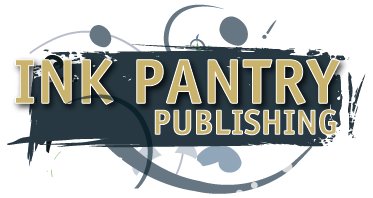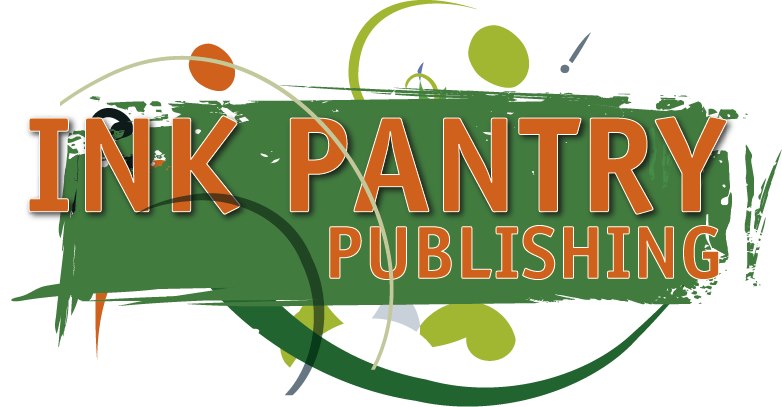
Gustav Holst Considers a Pebble While Composing ‘The Planets’
He cradles its convexities
in the palm of his hand,
feels its significance,
weighs its bulk.
Striated it could be Saturn,
whose drawn lines
are deeply scarred
from hard-earned experience.
Pockmarked with craters,
it could have been Mars.
Cold, it could be Neptune.
Its sudden jollity
is the playfulness of Jupiter.
Broken open
he hears music
How did it get inside?
Rivers in the Dorian Mode
In that see-saw Margery Daw
ocean of a morning,
red poll bullocks near a barbed wire fence
steer clear of the flood –
all that collective improvisation
driven by the height of tides –
not the happy-go-lucky flow
you sometimes see in summer –
but one that shifts into
a faster pace –
an orchestral outburst
of tidal manoeuvres
surging up from the Channel –
so we listen to fenders
shielding blows
that, and the willows weeping.
Coln St. Aldwyns
In 1953, ‘Gardener’s Question Time’
with Franklin Engelmann
came here. The programme was recorded
in the Village Hall (now defunct)
by the BBC.
I was two years old.
I have a shrub that doesn’t want to flower.
(but not all shrubs do!)
How do I identify my soil type?
(clay, silt, peat or chalk?)
How can I get rid of slugs?
(you never will).
Is it safe to move my peony?
(yes, but it won’t like it).
Can you suggest some plants
that will grow in the shade?
(snowdrops, dog tooth violets,
hydrangeas, hostas
and the hart’s tongue fern).
How can I attract bees?
(foxgloves)….
Between the Norman church
and the cottage gardens
these same questions are asked
and answered
year after year.
Neil Leadbeater is an author, essayist, poet and critic living in Edinburgh, Scotland. His short stories, articles and poems have been published widely in anthologies and journals both at home and abroad. His publications include Librettos for the Black Madonna (White Adder Press, Scotland, 2011); The Worcester Fragments (Original Plus Press, England, 2013); The Loveliest Vein of Our Lives (Poetry Space, England, 2014), Sleeve Notes (Editura Pim, Iaşi, Romania, 2016) Finding the River Horse (Littoral Press, 2017), Penn Fields (Littoral Press, 2019), and ‘Reading Between the Lines’ (Littoral Press, 2020). His work has been translated into several languages including Dutch, French, Romanian, Spanish and Swedish.
You can find more of Neils’ work here on Ink Pantry.



